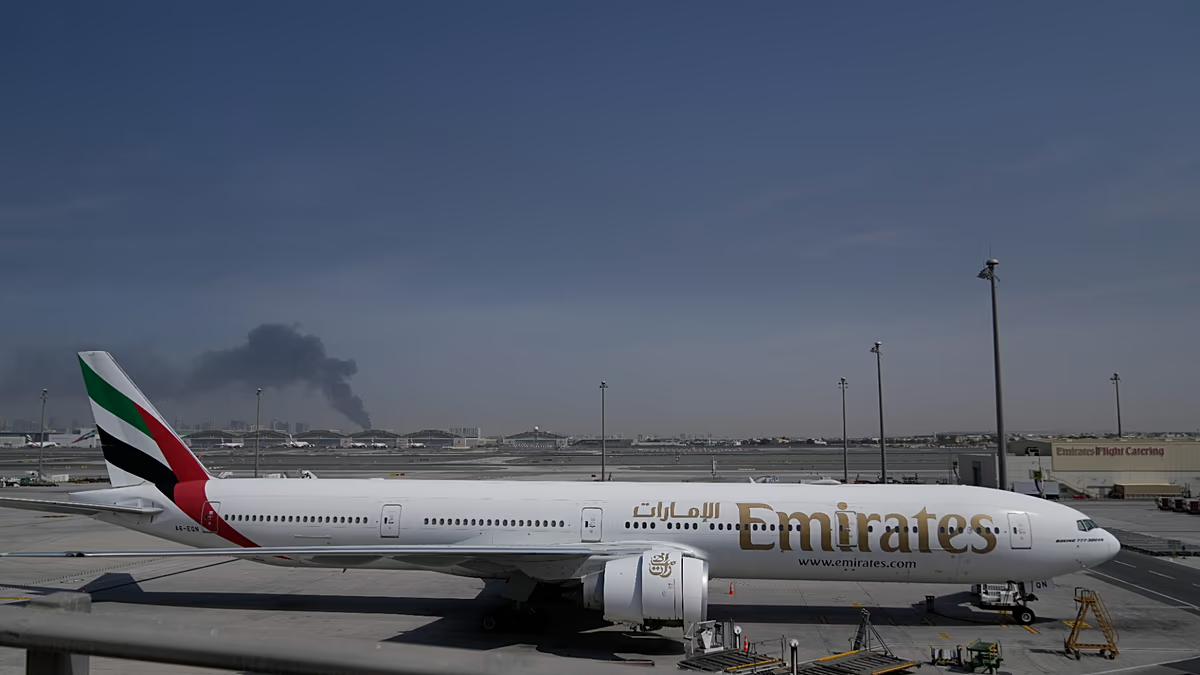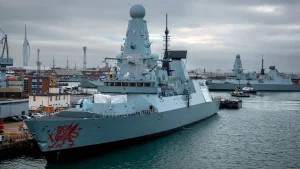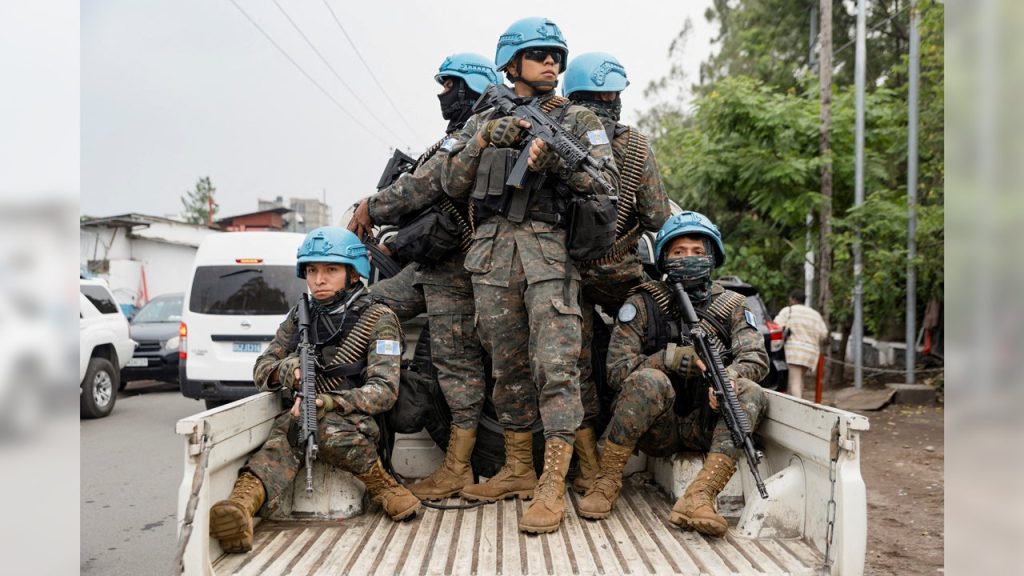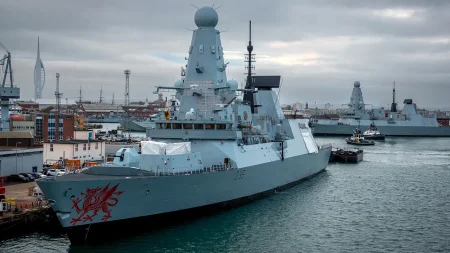The resurgence of the M23 rebel group in the Democratic Republic of Congo (DRC) has ignited a renewed crisis, marked by intense fighting, displacement, and international concern. The Rwanda-backed group’s advance on the strategically important city of Goma has triggered a humanitarian emergency, forcing the evacuation of the international airport and displacing thousands of civilians. This latest escalation adds another layer to the complex and protracted conflict that has plagued the mineral-rich eastern DRC for decades, fueling one of the world’s largest humanitarian crises. The fighting underscores the volatile security situation in the region, where numerous armed groups vie for control and resources.
The M23, primarily composed of ethnic Tutsis, has made significant territorial gains in recent weeks, pushing closer to Goma, the provincial capital and a crucial hub for humanitarian aid and security operations. The group’s advance has raised alarm bells internationally, with the UN Secretary-General António Guterres condemning the offensive and calling for an immediate cessation of hostilities. The fighting near Goma led to the evacuation of the city’s international airport and the temporary grounding of commercial flights, further disrupting the region and impacting humanitarian efforts. The clashes also resulted in casualties among UN peacekeepers and foreign soldiers, highlighting the dangers faced by those on the ground.
Accusations of Rwandan support for the M23 have further complicated the situation. The DRC, the United States, and UN experts have pointed fingers at Rwanda for backing the rebel group, allegations that Rwanda denies. While Rwanda acknowledges the presence of its troops in eastern DRC, it maintains that their deployment is for defensive purposes, citing the buildup of Congolese forces near the border. This tense dynamic between the two countries has led to a diplomatic rupture, with the DRC severing ties with Rwanda and recalling its diplomatic staff. The escalating tensions and cross-border accusations add a dangerous layer to an already volatile situation, raising concerns about the potential for wider regional instability.
The humanitarian consequences of the renewed fighting are dire. Thousands of civilians have been forced to flee their homes, seeking refuge in displacement camps or attempting to cross the border into Rwanda. The Kanyaruchinya camp, one of the largest in eastern DRC, witnessed a mass exodus as residents fled the escalating violence. The displaced face precarious conditions, with limited access to food, shelter, and medical care. The ongoing conflict exacerbates the existing humanitarian crisis in the region, putting immense strain on resources and aid organizations. The plight of the displaced underscores the urgent need for a peaceful resolution to the conflict and increased humanitarian assistance.
The UN Security Council held an emergency meeting to address the escalating crisis. The UN Secretary-General reiterated his condemnation of the M23 offensive and called on the group to withdraw its forces. The Security Council discussions highlighted the international community’s concern over the deteriorating security situation and the need for a coordinated response to prevent further violence and humanitarian suffering. The UN peacekeeping force, present in the DRC for over two decades, plays a critical role in maintaining stability, but faces significant challenges in containing the numerous armed groups operating in the region. The deaths of UN peacekeepers and foreign soldiers in the recent fighting underscore the risks faced by those working to maintain peace and security.
The current crisis underscores the complex and intertwined challenges facing the DRC. The presence of numerous armed groups, fueled by competition for resources and political instability, continues to destabilize the region. The allegations of external support for some of these groups further complicate the situation and hinder efforts to achieve a lasting peace. The humanitarian consequences of the conflict are devastating, with millions displaced and facing dire conditions. Addressing this multifaceted crisis requires a comprehensive approach that involves not only security measures but also political dialogue, economic development, and regional cooperation. The international community must work together to support the DRC in its efforts to build a more peaceful and stable future for its people.














